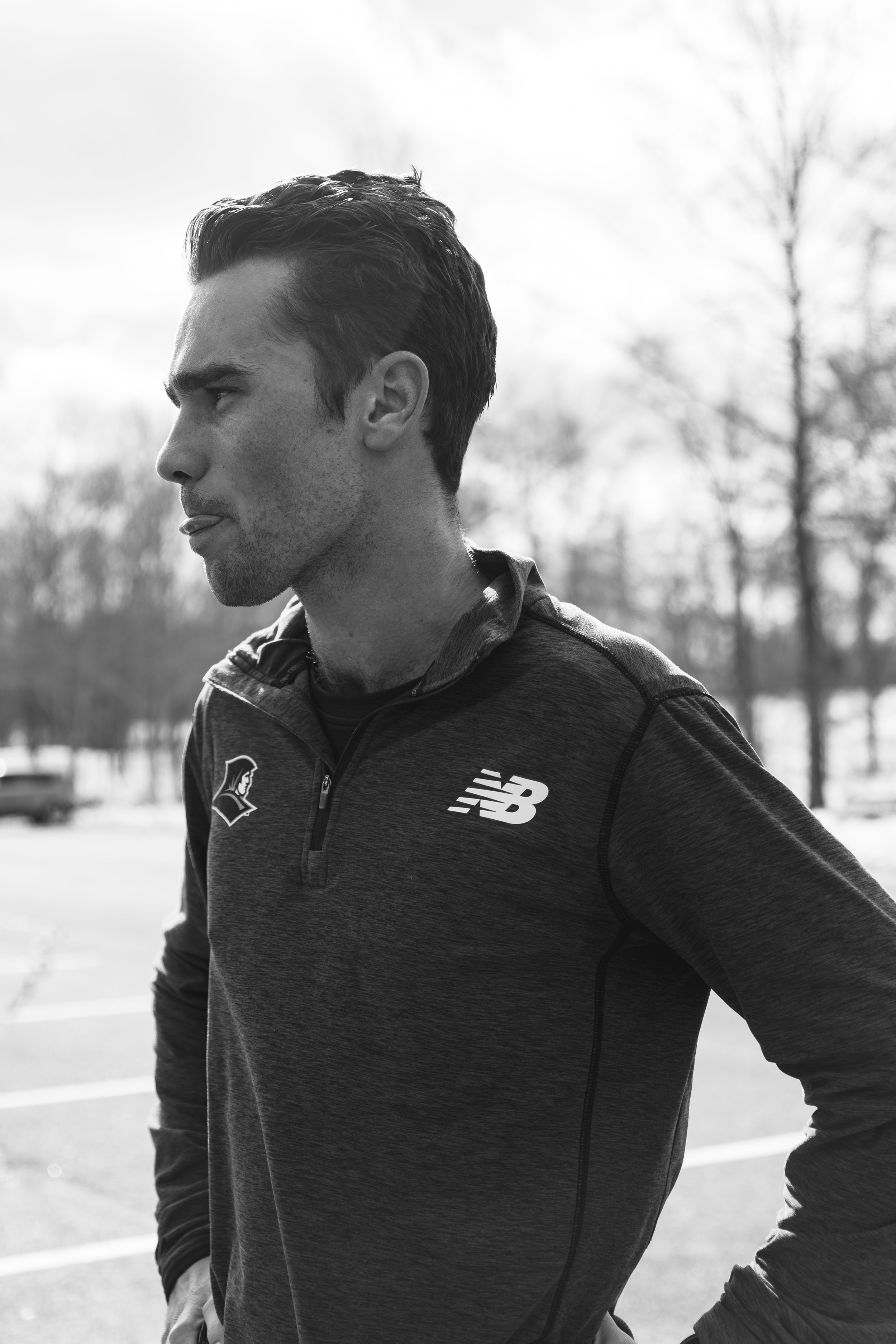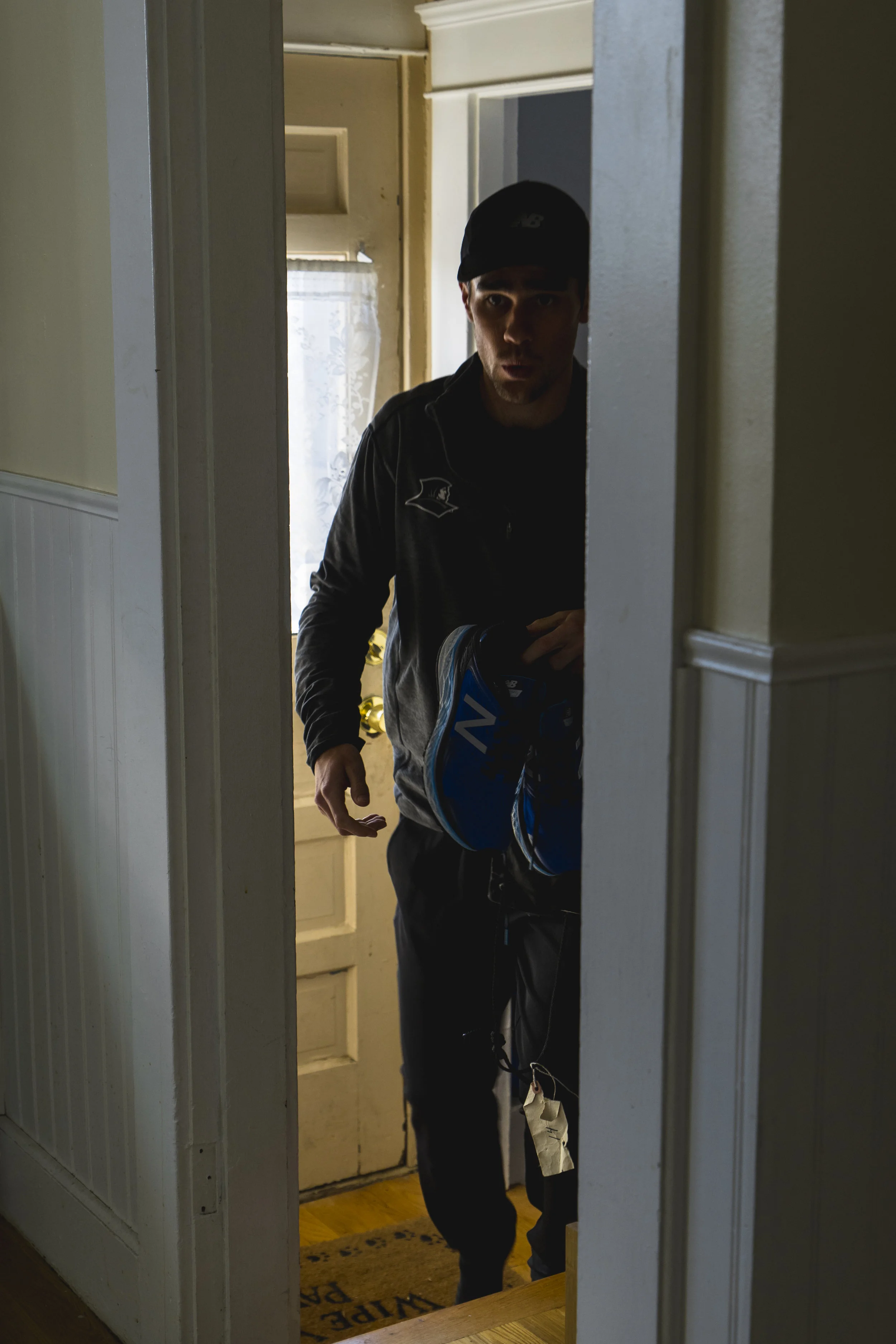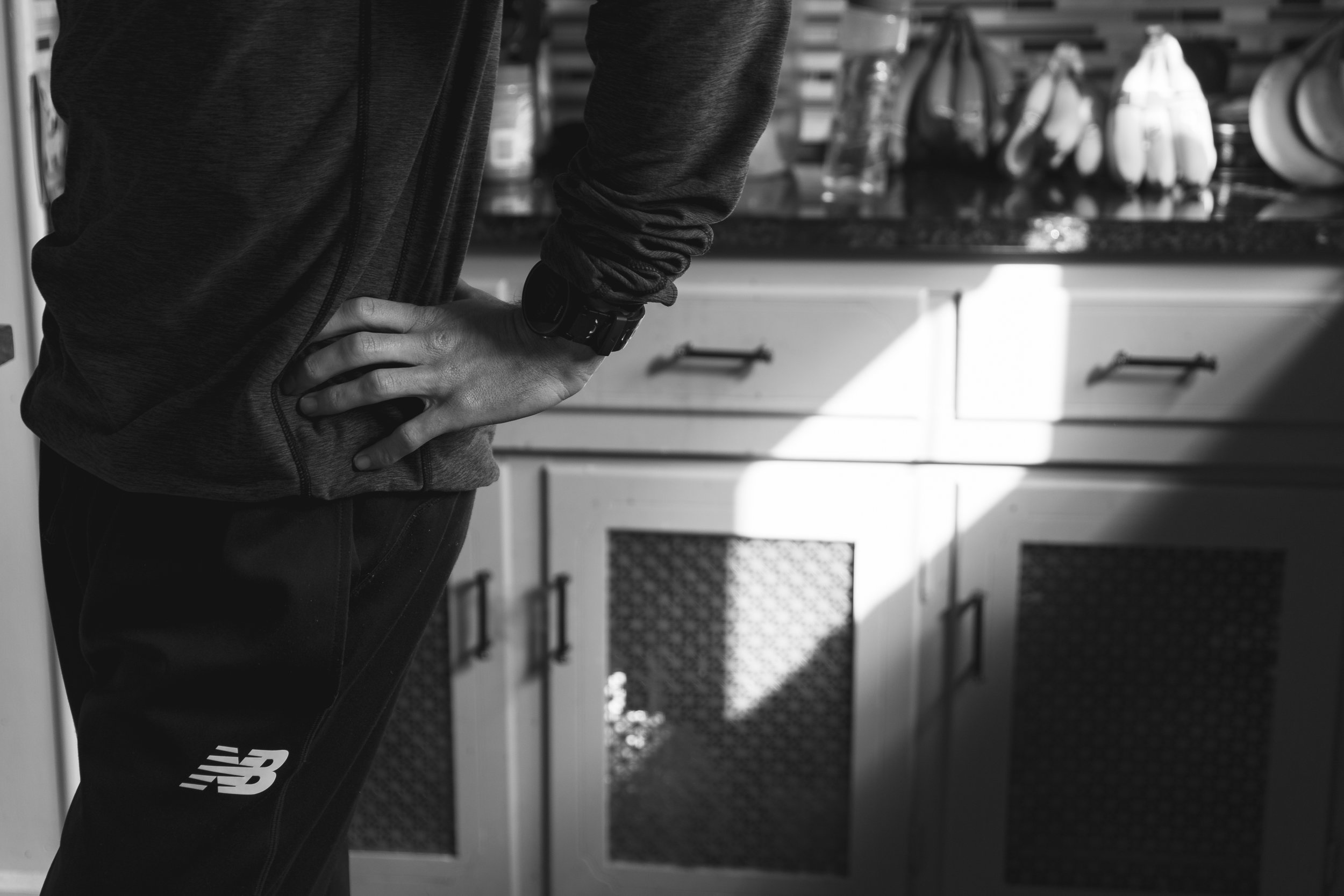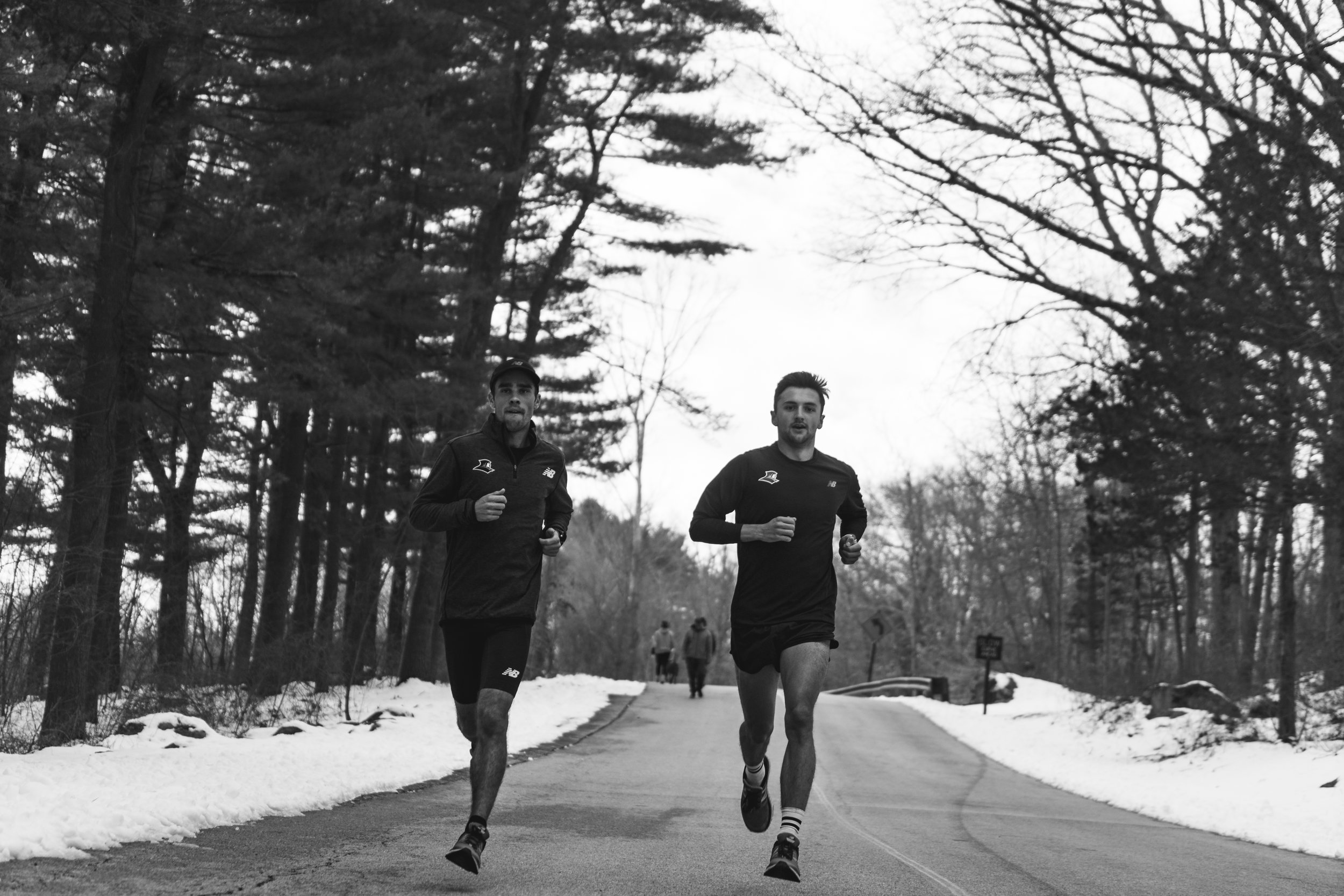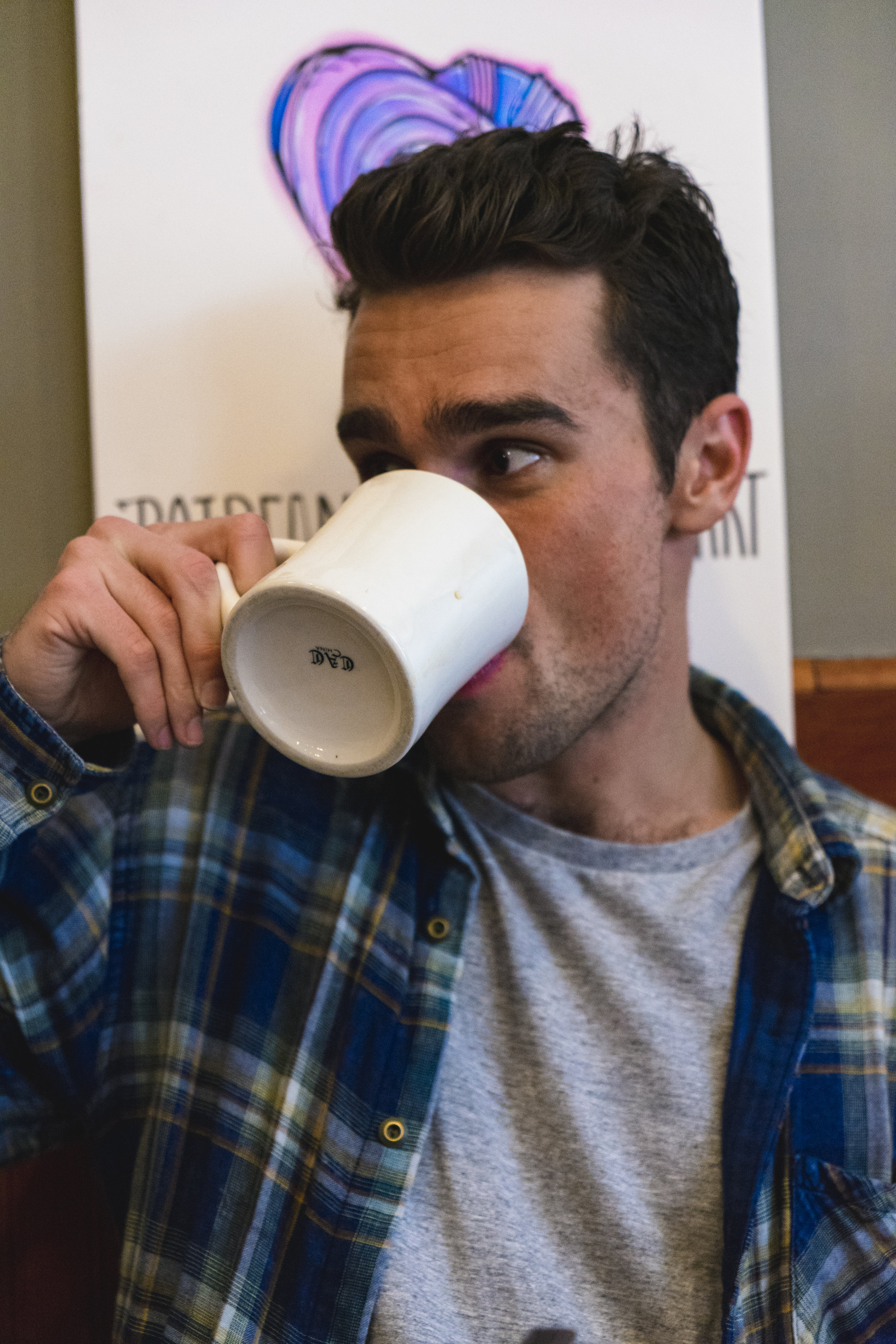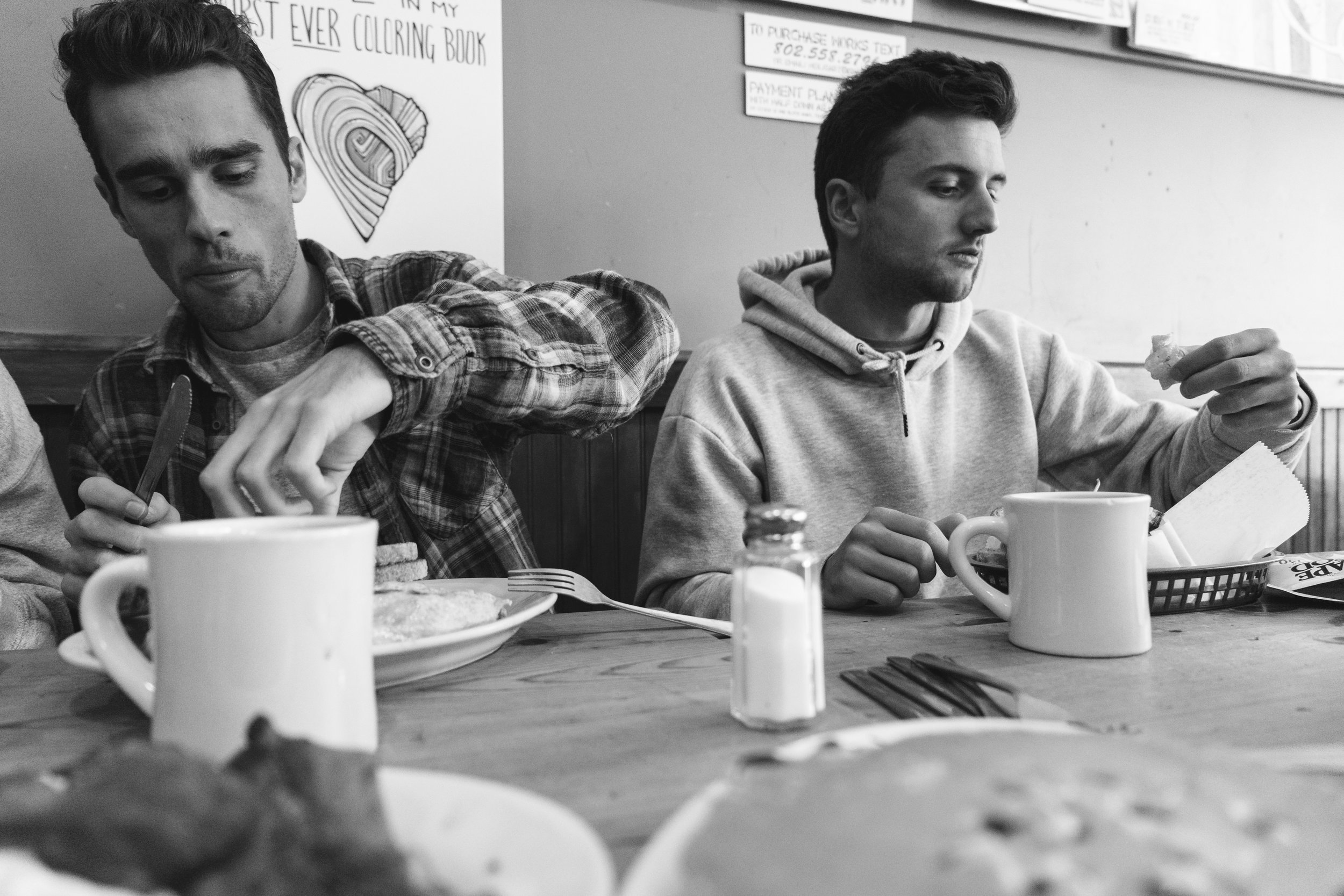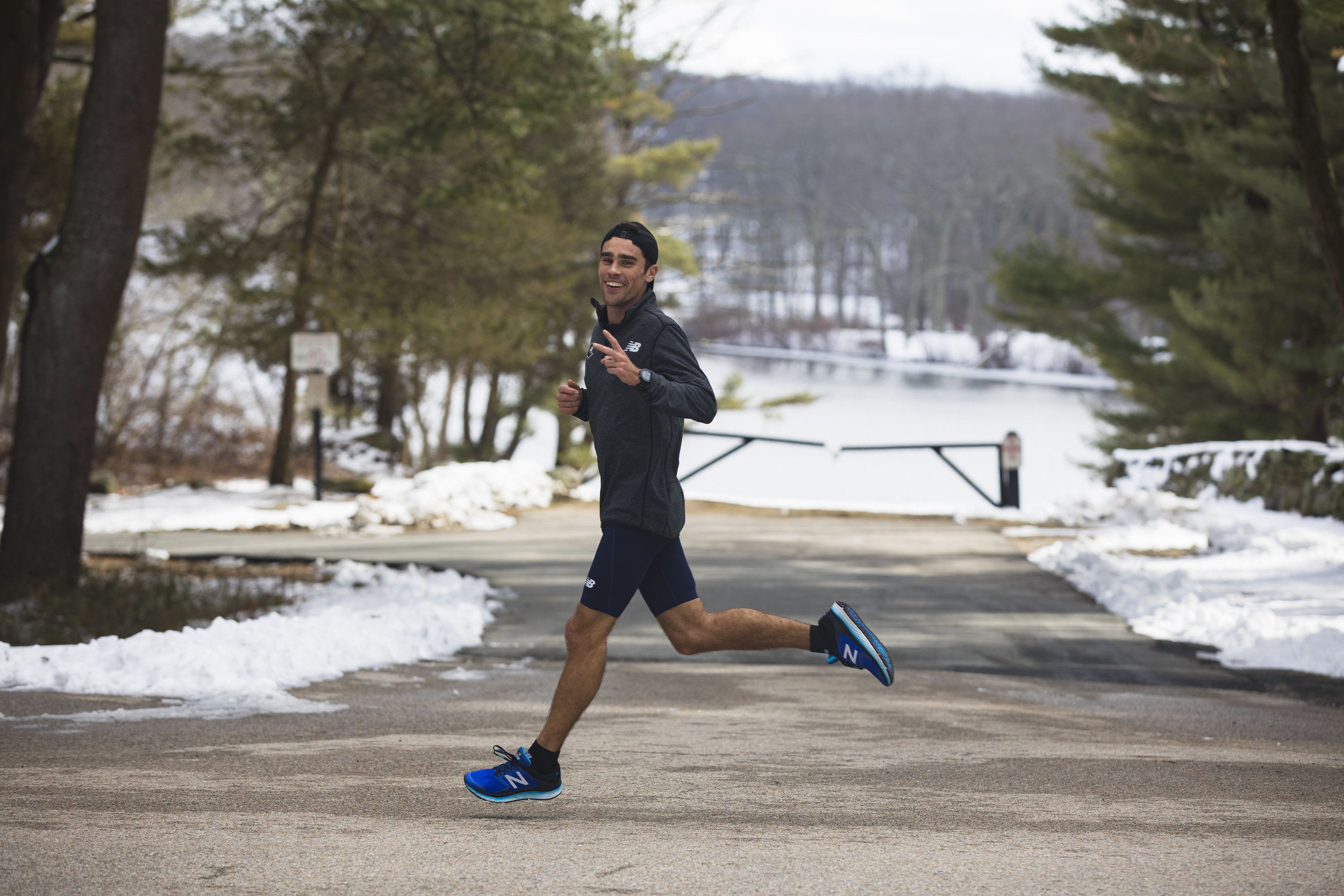Julian Oakley
Our mission at A Runner's Eye revolves around "providing genuine and unprecedented access to athletes of all levels." Plain and simple, we want to offer an inside look into what these people go through on a day-to-day basis. No frills, just life and real running.
Unscripted and raw, our new profile series "Through Our Lens" shares the lives of these athletes in and out of their trainers. We aim to bring a new angle to the sport, bringing the big picture to the forefront. These athletes are just like you and me, just a lot faster.
Our first profile is Julian Oakley. A Kiwi, and 3:55 Miler, Oakley ran 5 years for Coach Ray Treacy and the Providence College Friars. While finishing his MBA, he became one of the founding members of Ocean State Athletic Club, a sub-elite training group based out of Providence. Currently not sponsored, Oakley is selected to represent New Zealand in the 2018 IAAF World Indoor Championships in Birmingham England. He will be racing the 3K.
We met his friends and training partners, ripped an easy run, and enjoyed the finest breakfast food PVD has to offer. This is Julian, Through Our Lens.
Clad in slippers and sweats, Julian welcomes us to his humble abode.
Here we see Julian (right), with 4:03 Miler Harvey Dixon (left). Harvey competes internationally for Gibraltar.
"Our visas expire soon..."
Overheard mid-run
Both athletes took leaps of faith coming to the United States to train and compete. Julian did not even take an official visit.
"I spoke to Ray on the phone and figured if I didn't like it I could always go back home"
From being one of the top dogs in the New Zealand running scene, his adjustment to the competitive NCAA was a period of growth, "You come here and get your ass kicked for a couple of years."
The Kiwi reminisced how shocking it was that "you could be in the fourth heat of the mile at one of the big Boston University Invitationals like Terrier or Valentine, and still have guys breaking four."
But with time things began to click, and soon Julian was on the line for his first successful sub-four attempt. The indoor season of his sophomore year cemented in his mind that he was doing all the right things, with a 3:58 notch in his belt, Oakley would be set to build momentum.
His success would not come without setbacks, and frustrations.
"This sport is pretty unforgiving. You put so much effort in, and often your results don't indicate your fitness."
We asked Julian how he deals with these setbacks, and keeps such a positive attitude towards training, racing, and life in general.
After thinking for a minute, he looked up from his coffee smiling slightly:
"After a bad race you can go two ways. One, you let it wear on you and feel bad for yourself, or two, you get back on the horse. I've always been good at getting back on the horse."
All through college, and into his current post-grad life he has kept this mindset. Rolling with the punches, and pushing himself to be better.
We've talked about now: 3:55 miler, 7:44 3K guy - but what about as a kid. What got you into the sport and made you stick with it up until this point?
"Good role models, I just fell into it I guess."
Back in New Zealand, Oakley's school mandated an all student cross-country race. With a 4K for the sophomores and freshmen, and a 6K for the juniors and seniors he was quickly made aware of his running abilities, but did not fully take advantage of them.
He remembers a new coach, Gareth Hyett, coming to his high school when he was around 16 years old. Hyett, a strong runner in his own right (1:47 - 800 & 3:38 - 1500), asked Oakley if he had trained properly for the upcoming cross-country season, to the coach's dismay Oakley responded confidently that he had run 5 out of the past 6 days and was ready to roll.
Hyett, along with Providence distance coach Ray Treacy built Julian into the athlete he is today.
Coaching aside, one theme that runs consistently through Julian's story is his carefully constructed support system of friends, teammates, and training partners (title not mutually exclusive).
Over omelets, sandwiches, toast and coffee we chatted about next steps for his running and professional career. Graduate school has allowed a more flexible schedule, conducive to athletic success, but with the program almost completed, serious questions arise.
After you finish your MBA will you try and get a contract and do this running thing full time? Are you going to shoot for a job in the running industry, or are you going to take a step back?
In a typical laid back fashion, he couldn't really answer the question,
"I don't know... there's no money in the sport back home."
Training on top of a 9-5 is doable, but difficult. Although given his current PRs and running resumé, it seems relatively surprising that no-one has offered they young Kiwi a contract. Especially with his senior mens début on the international stage only a few short days away.

